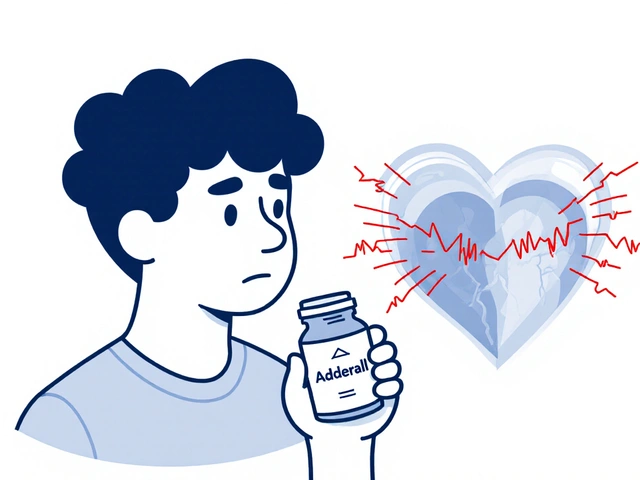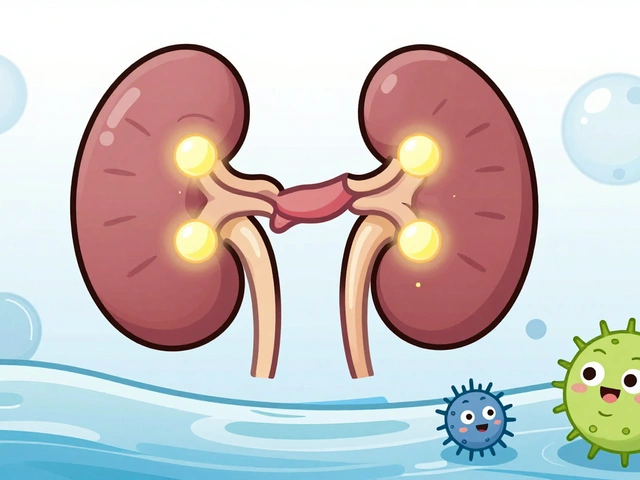Immune system: practical ways to support it
Your immune system works constantly to keep you healthy. You can’t boost it in a single pill, but small daily habits make a big difference. Below are clear, evidence-backed steps you can start today.
Daily habits that help
Sleep matters. Aim for 7–9 hours most nights—poor sleep lowers immune cell function. Move more. Moderate exercise like brisk walking 30 minutes a day improves circulation and immune surveillance. Eat a variety of whole foods. Focus on vegetables, fruit, lean protein, whole grains and healthy fats. These foods supply fiber, vitamins and amino acids your immune cells need.
Wash hands and vaccinate. Handwashing prevents infections that force your immune system to fight harder. Stay current with vaccines you and your family need—vaccines prepare immunity without the risk of serious disease.
Manage stress and alcohol. Long-term stress raises inflammation and weakens immune defense. Try short daily practices—walks, breathing, or a 10-minute unwind routine. Cut back on heavy drinking. Excess alcohol lowers white blood cell activity.
Avoid smoking and control chronic conditions. Smoking damages lung defenses. If you have diabetes, heart disease, or autoimmune issues, work with your doctor to keep them under control—chronic disease changes how your immune system responds.
Supplements and when to worry
Some supplements help when you’re deficient. Vitamin D and zinc have good evidence for reducing infection risk in people with low levels. Don’t take high doses for long without testing. A standard approach: get a blood test for vitamin D and discuss zinc only if you have signs of deficiency.
Be cautious with immune-altering drugs and interactions. If you take steroids, biologics, or HIV medicines, your immune response can change. Articles on PharmaServe such as "Didanosine Medication Interactions" and "Ativan: Uses, Side Effects, and Safe Practices for Anxiety Relief" explain typical drug interactions and monitoring steps. If you’re on complex meds, ask your specialist before adding supplements.
Recognize when to see help
If you have frequent infections, unexplained weight loss, night sweats, or persistent fever, see a doctor. These can signal problems with immune function or chronic infection. Also get prompt care for suspected serious infections; some conditions need antibiotics or specialist treatment.
Quick reading list from PharmaServe
- "Zinc: The Essential Nutrient for Better Health You Need in Your Diet" — practical dosing and food sources.
- "Exploring 10 Viable Alternatives to Valtrex for Treating Herpes" — options if antivirals are needed.
- "Where to Safely Buy Nitrofurantoin Online" — guidance on antibiotics for UTIs.
- "Didanosine Medication Interactions" — drug interaction advice for HIV therapy.
Small consistent changes matter more than quick fixes. Focus on sleep, diet, movement, vaccines, and sensible supplements guided by testing. If something feels off, get checked—early answers protect your health and your immune system.
Quick checklist: sleep 7–9h, walk 30 minutes daily, make half your plate vegetables (especially leafy greens and citrus), include lean protein and nuts, limit processed food and sugary drinks, test and correct vitamin D if low, only use zinc after testing, get flu shot, review medications with doctor.

As a copywriter, I've been researching the connection between Celecoxib and the immune system. It turns out that Celecoxib is a non-steroidal anti-inflammatory drug (NSAID) mainly used to treat pain and inflammation. Upon further investigation, I discovered that it works by inhibiting the production of prostaglandins, which play a crucial role in inflammation and immune response. This means that Celecoxib can potentially weaken the immune system's ability to fight off infections. However, more research is needed to fully understand the complex relationship between Celecoxib and our immune system.






